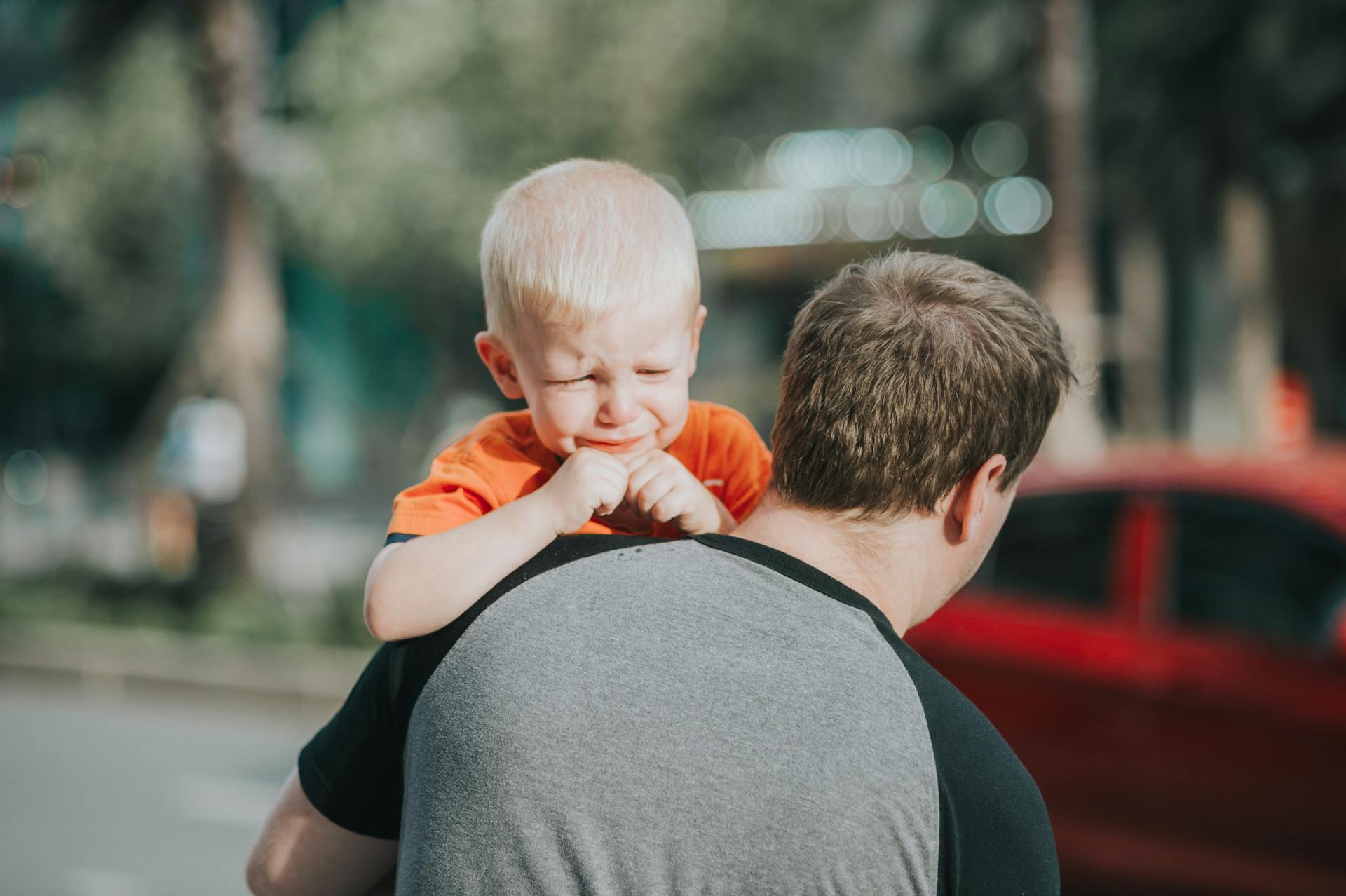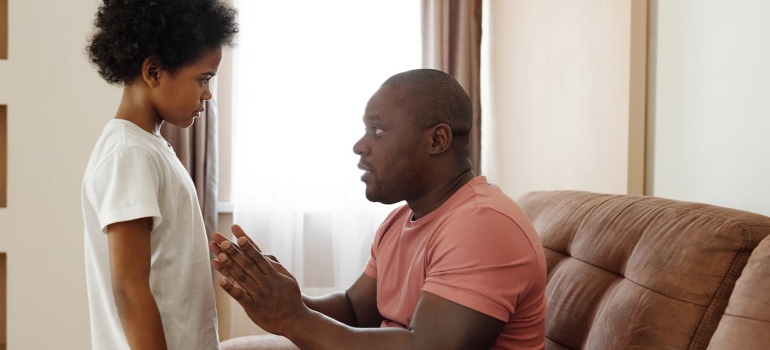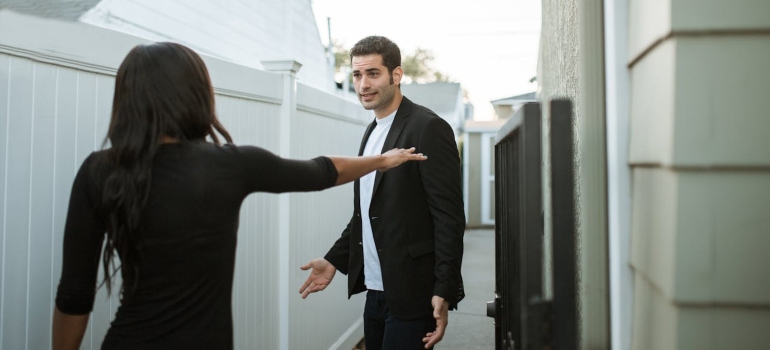
Co-Parenting with a Drug Addict: Protecting Children with Faith and Boundaries
Get Help TodayTable of Contents
Co-parenting with a drug addict is one of the most painful and complicated challenges a parent can face. The emotional toll of watching someone you once trusted spiral into addiction, while still having access to your child, can leave you feeling torn, angry, and deeply afraid. You are not alone. We are here to help you navigate co-parenting with a drug addict through practical guidance, professional support, and encouragement rooted in Christianity. At Faith Recovery, a Christian based rehab in Virginia, we walk alongside families impacted by addiction, and we’re here to remind you: there is always hope, and healing starts with truth, love, and faith-led action.
Understanding the Impact of Addiction on Parenting
Addiction doesn’t just affect the person using. It changes how they show up, or fail to show up, as a parent. They may miss school events, break promises, or lash out in anger or confusion. Children are especially vulnerable to these patterns. They might feel unsafe, unloved, or unsure of how to process their emotions.

Addiction brings instability, which is devastating to a child who needs consistency.
Remember, co parenting with a drug addicted partner may mean you’re the only emotional steady ground your child has. Don’t underestimate how much that matters.
How to Protect Your Children Without Stirring Conflict
Boundaries are necessary, but they don’t have to come with a fight. You can protect your child in firm, peaceful ways. Start with legal tools like custody agreements and supervised visitation. These aren’t acts of revenge, but shields of protection.
When trying to figure out how to co parent with an addict, keeping clear, child-focused routines will help your child feel secure. Talk to your kids in age-appropriate ways. Say, “Mom/Dad is sick and needs help,” rather than diving into the complexities of addiction.
Speak with grace and truth. You don’t have to pretend everything is okay, but you also don’t have to sow division. Your words can bring clarity without causing emotional damage.
Distinguish between protecting and overcontrolling. You don’t need to micromanage your partner’s life, but you do need to draw lines that keep your child safe.
Setting Healthy Boundaries With an Addicted Co-Parent
Many parents struggle with guilt about setting boundaries. But boundaries are not punishment; they are protection.
Here are some examples of practical boundaries:
- No substance use before or during visitation
- No last-minute changes to plans
- No arguing in front of the children
- Limited communication to co-parenting topics only
Guarding your heart means knowing your limits. You are not responsible for your co-parent’s choices. Co parenting with an addict means sometimes you must say, “I love you, but I will not allow this behavior near our child.” And then stick to it.

Let go of the idea that you can fix them. Sometimes, stepping back is the most loving thing you can do. Programs like a Christian rehab for men and a Christian rehab for women can support recovery, but your focus must remain on protecting your child.
Helping Children Navigate Their Emotions
Children affected by an addicted parent often carry confusion, fear, or guilt. They may silently wonder if they caused the problem or feel abandoned by someone they love. As the stable parent, your role is to guide them toward truth and healing.
Here are simple, faith-based ways to support your child:
- Pray together regularly. Show them how to bring worries to God.
- Share comforting Scriptures. Use verses about God’s love and protection.
- Encourage open conversation. Let them express emotions without judgment.
- Connect them with mentors. A youth pastor or church leader can offer extra support.
Let your child know they are seen, loved, and never alone.
When to Step In and When to Let Go
One of the hardest parts of co-parenting with a drug addict is knowing when to act and when to release control. As the sober parent, you’re constantly assessing whether your child is merely experiencing dysfunction or facing real danger.
If your co-parent is putting your child at risk by driving under the influence, neglecting them, or showing signs of emotional or physical abuse, it’s time to act. Protecting your child may require seeking legal custody changes, supervised visitation, or emergency intervention. When your co-parent is an addict, safety must always come first.

Preliminary reports show 1,403 overdose deaths in Virginia alone in the first six months of 2025, which explains why so many parents carry a constant sense of worry for their addicted partners. There will be times when your heart wants to fix everything, but you simply can’t. Trying to manage your ex’s addiction often leads to exhaustion and frustration. Sometimes stepping back allows space for real change.
For those rebuilding after treatment, structured environments like sober living homes in Virginia can offer needed stability before fully reentering family life. As you focus on your child’s well-being and your own peace, lean into therapy, prayer, and Scripture for strength.
Leaning on Faith as You Parent Through the Storm
Co-parenting with a drug addict is not something you have to face alone. You can protect your children, set healthy boundaries, and create stability even when conflict arises. While you can’t control the other parent’s choices, you can shape your home environment into one that’s safe, consistent, and filled with love. Whether you’re just starting this journey or have been walking it for years, remember that you don’t have to do it all by yourself.
Lean on trusted friends, family, or community resources for support. Take care of your own well-being so you have the strength to show up for your children. You’re not failing, you’re doing the difficult work of protecting and guiding them through a challenging situation. And if your family needs professional guidance or if your co-parent is ready to seek help, Faith Recovery is here to walk beside you with care and understanding.